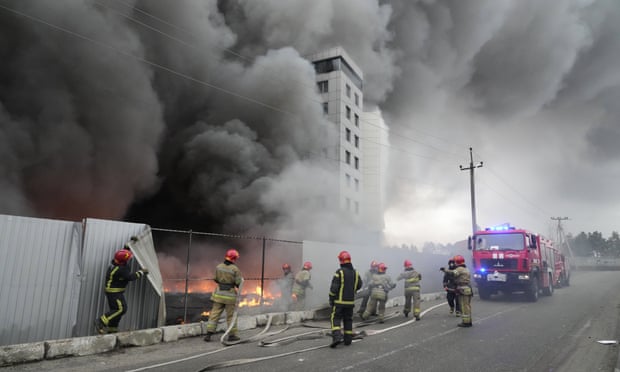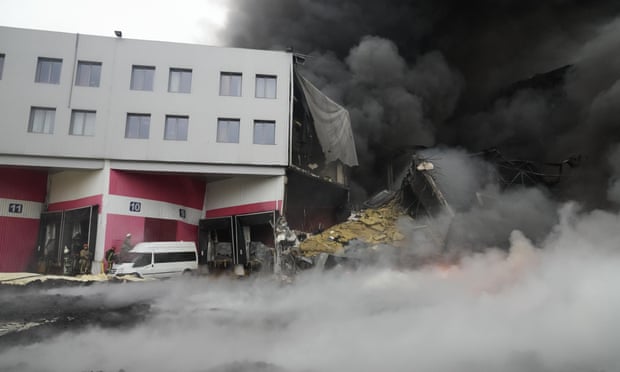Interpol has rebuffed Ukraine’s request to exclude Russia from its organisation, despite backing from both Britain and Poland who requested Russia’s suspension.
A spokesperson for the Interpol general secretariat told the Guardian:
Only the general assembly, Interpol’s supreme governing body comprising representatives from each of its 195 member countries, can vote on issues relating to membership. The Interpol general secretariat continues to monitor the situation concerning
Ukraine closely.
The International Criminal Police Organization, or Interpol, is a supranational body providing investigational support to member states, primarily through its red notice system that flags suspects internationally.
Continuing to include Russia within Interpol grants security services access to the red notice database and potential broader support, despite accusations that Russia is a major abuser of the red notice system.
Rights groups point to the ability of authoritarian regimes to abuse Interpol’s red notice system in order to flag political dissidents or exiles. Critics also point to the opacity of Interpol’s internal affairs, including
allowing Syria to rejoin the organisation last year after a decade-long suspension.
Ukraine’s minister for internal affairs, Denis Monastyrsky, wrote to Interpol earlier this week demanding Russia’s expulsion following its invasion of Ukraine.
“Russia should be expelled from Interpol for violating its basic principles and massive misuse of tools and services to cover up its crimes and persecute political enemies, particularly in Ukraine,”
he wrote, according to the Ukrainian broadcasting organisation Hromadske.
Britain and Poland both backed Ukraine’s efforts, although they demanded that Interpol suspend Russia rather than exclude it. The British home secretary, Priti Patel, told parliament:
The Ukrainian government has today requested that the Russian government be suspended from its membership of Interpol and we will be leading all international efforts to that effect.
Poland’s police chief, Gen Jaroslaw Szymczyk wrote an impassioned personal letter to Interpol’s general secretary, Jürgen Stock.
I strongly believe that the world needs a clear, consistent and unambiguous message that we, police officers from all over the world, do not accept the warfare actions taken by the Russian Federation against Ukraine.
Dear Jürgen. We have known each other for many years. We have talked many times about our dream of a safer world, the need to protect victims and to definitely prosecute those who stand on the other side of the law and the good. This is a great responsibility. Today, dear friend, the world is telling us “I call”. It is time to turn words into actions.”
In a statement to the Guardian, a spokesperson for the Interpol general secretariat said the organisation remained committed to ensuring that red notice requests from member states adhered to the organisations’ rules.








